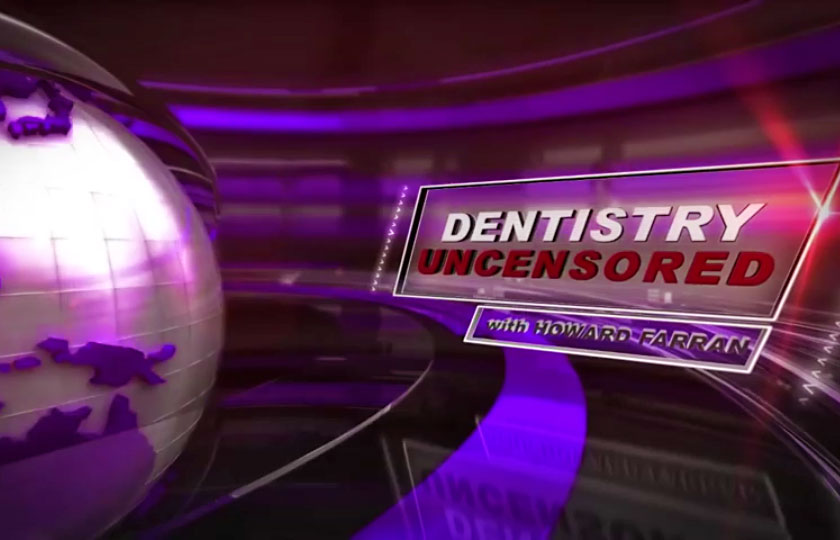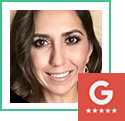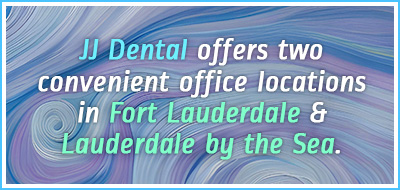
Dr. Howard Farran has been lecturing to international audiences on the business of dentistry. With his blunt, practical, and often times humorous insights into the industry’s most controversial subjects, he has been captivating audiences since 1990. He was then, and is still now, driven by a genuine passion for helping dentists provide faster, easier, lower cost dentistry of a higher quality to their patients.
Dr Farran is the owner and founder of the hit vlog series “Dentistry Uncensored with Howard Farran”, where he discusses these topics with some of the best Doctors, Dentists, and Dental Practitioners of today. Dr. Jonathan Cook was recently a guest on his show, and has allowed us to share with you their conversation.

Howard Farran: One of the things I’ve always thought was bizarre about dentistry is when you go over to Wall Street, tracking mergers and acquisitions, it’s a growth pattern for so many companies. And in dentistry, it’s just so underutilized, but I’ve met so many dentists in the last 30 years. I went to some small town at 10,000, it had 10 dentists, but every time old man McGregor retired, they would just buy the practice and fold it into theirs. And think about that, an old 65 year old dude retires and I buy his practice, fold it into mine and merge the acquisition, as opposed to that guy sells it. Say I’m 56 and he sells it to some whippersnapper named Jonathan Cook who’s got all this energy, and marketing, and just going to crush it.
Howard Farran: I mean, you’re eliminating competition, you’re buying patients, which you have to compare to your acquisition cost of the new patient. So I want you to talk about how did you have the genius insight of M&A activity coming out of dental school? I mean, you just don’t see that in dental school?
Jonathan Cook: I can’t take claim for that. Actually, my first partnership was a tremendous … I had some tremendous lessons there. The guy who I went into partnership with was a 65 year old guy out of New York. And he’s really family, he was my brother-in-law’s brother-in-law, if you can follow that. And he’s an orthodontist and a general dentist. He’s got a daughter who’s a general dentist up there. So at family functions, we’d see each other and he’d always say, “Yeah, you’re going to be my guy in Florida. I’ve got these 10 practices in New York, and I want to open up in Florida, and I eventually want to retire there. And you’re going to be my guy.” And I’d always roll it off my shoulders and say, “It sounds nice.” Here I am as a sophomore, junior, or senior in dental school and that wasn’t even remotely on my radar.
Jonathan Cook: But I kept it in the back of my mind. And then I graduate, I do the bouncing around thing from one associateship to another, gained a lot of experience there in a couple of those practices. And just with my speed in general. And then he was always in touch with me, and finally called me one day, and something just clicked. I was like, “What do I have to lose?” And so I went into partnership with him and it was his practice model to a degree up in New York to buy these underutilized practices. So I got the idea and I saw it come to play when we started buying practices down in Miami, which was my original practice that I purchased with him. In that case, I was 49%, he was 51%. So I learned some big things there.
Jonathan Cook: Not to mention with the contract that we signed with the dentist who we’d purchased the practice from. This is an old timer, he’s 72 years old, and we, stupidly, we agreed to sign him on for a five year employment contract. Now, that would’ve put him at the age of 77 at the end of his contract. And you can imagine you’re really working in somebody else’s house. I mean, it was his business that he had built over that amount of time. And I’m not saying that it can’t work, it can work, but you have to really play it wisely. And the fact that that five year contract really came back to haunt us down the road.
Jonathan Cook: But with that said, in year one we went from … I mean, this guy was historically doing $750,000 a year, the last three tax returns were pretty consistent, no real uptrend, no downtrend. It had really plateaued. And in year one, I think we took it to $1.2 million. And that was literally just a matter of me doing now the endo. He was referring everything out. Endo, implants, Invisalign, implementing some really basic systems. I mean, the collection policies or practices were pretty abysmal. And that was it, overnight you go from $750,000 to $1.2 million. And then in year two, we go to $2 million. I mean, we had some really exponential growth.
Jonathan Cook: So I got a feel for it and understood the value in folding in a practice where you’re just taking in really some minor overhead, but some incredible upside. Especially if you’re going to buy it for the price at which they’re currently running it at, you’re not buying it at a premium for what you know that you can take it to. So had I known that I could take it from $750,000 to $1.2 million in the first year, it’s not like you buy the practice based on what you know the potential is. So that really benefits you hugely when it comes to economies of scale, getting patients in, and just exponentially growing the patient base. And what do you take on? Maybe the doctor, that’s a yes or no. It depends on the scenario.
Jonathan Cook: Generally I like to take on the hygienist because that’s usually the person in the practice who has the most interaction with patients consistently. And you decide on the front desk, you decide on the assistants, and you go from there. But there’s, of course, a small uptick in your dental supplies, small uptick in your labs. But outside of that, you’re not paying for the other physical location of just that massive overhead that typically comes with the dental practice if you’re buying the physical location.
Howard Farran: Now you primarily have two dental offices, you have downtown Fort Lauderdale and Lauderdale by the sea. So you have two offices, do you own the land and building and how many offices have you rolled into those two locations?
Jonathan Cook: Great question. So the main location is the Fort Lauderdale one. That one we’ve rolled two separate practices into it. So there was originally one …
Howard Farran: Is that downtown Fort … Downtown?
Jonathan Cook: Correct, yeah.
Howard Farran: Okay.
Jonathan Cook: Yeah, downtown Fort Lauderdale. We originally …
Howard Farran: That’s the main practice?
Jonathan Cook: The main initial practice that we purchased in 2012 when I was still partners with my partner down in Miami. Which is a whole other story that I can get into if you care to. So in 2012, we purchased, my other partner and I, John DeStephan, partnered in that practice in downtown. At the time, that practice was doing $500,000, maybe $550,000 a year. And since that time in 2012, we’ve merged in or folded in two additional practices.
… Continued in Part 3 …
